Life
Sign up for our newsletter
We summarize the week's scientific breakthroughs every Thursday.
-
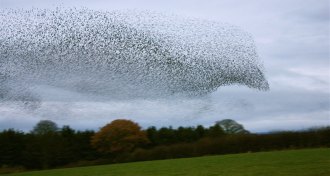 Life
LifeIn the body, cells move like flocks of birds or schools of fish
Cells move in groups similarly to flocks of birds and schools of fish
-
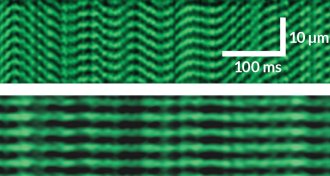 Neuroscience
NeuroscienceMini microscope is a window into live muscle tissue
A tiny microscope offers unprecedented views of live human muscles.
-
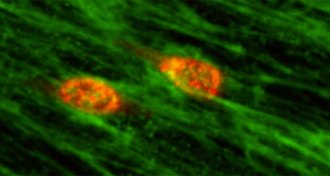 Life
LifeCancer cells get help migrating through the body
Helper cells may give cancer a straight shot to spread through the body.
-
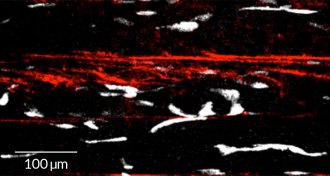 Life
LifeMuscle repair gets spooky help
Ghost fibers are tunnels that stem cells can use to rebuild muscles fiber by fiber.
-
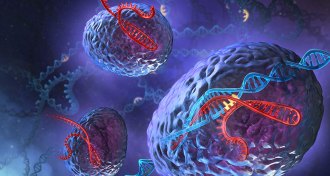 Genetics
GeneticsYear in review: Breakthrough gene editor sparks ethics debate
The gene editing system CRISPR has opened the door to new scientific advancements — and ethical concerns.
-
 Health & Medicine
Health & MedicineYear in review: Not all bodies act their age
People grow old at different rates, but the underlying drivers of aging may be the same: molecular havoc wreaked inside of cells, scientists suggested in 2015.
By Meghan Rosen -
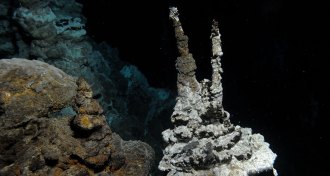 Life
LifeYear in review: Microbe discoveries spur rethink of treetop of life
Microbes discovered in Arctic mud this year could be the closest relatives yet found to the single-celled ancestor that made life so complicated.
By Susan Milius -
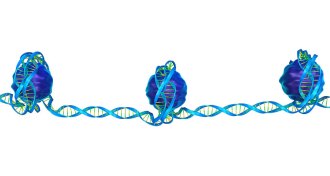 Genetics
GeneticsYear in review: Epigenome makes its debut
The Roadmap Epigenomics Project, unveiled in February 2015, is the first in a series of 3-D looks at the human genome.
-
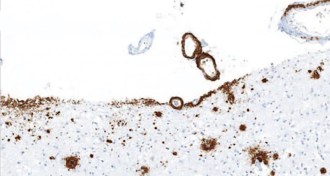 Neuroscience
NeuroscienceYear in review: Alzheimer’s protein behaves like a prion
Under rare conditions, an Alzheimer’s-related protein may have jumped between people, scientists reported this year.
-
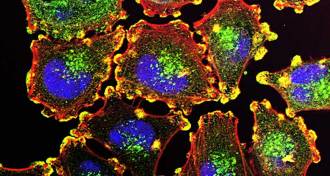 Genetics
GeneticsYear in review: Cancer genetics grows up
Researchers looking for mutations linked to cancer have found that not all genetic alterations should be targeted equally.
-
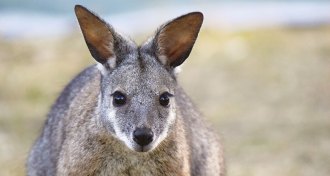 Animals
AnimalsYear in review: Woes of artificial lighting add up for wildlife
Studies published this year add dodging death, flirting and mothering to the tasks that artificial light can discombobulate in wild animals.
By Susan Milius -
 Neuroscience
NeuroscienceYear in review: ‘Speed cells’ help make navigation possible
The discovery of speed cells in the brain filled in a missing piece in the understanding of how the brain creates an internal map of the world.